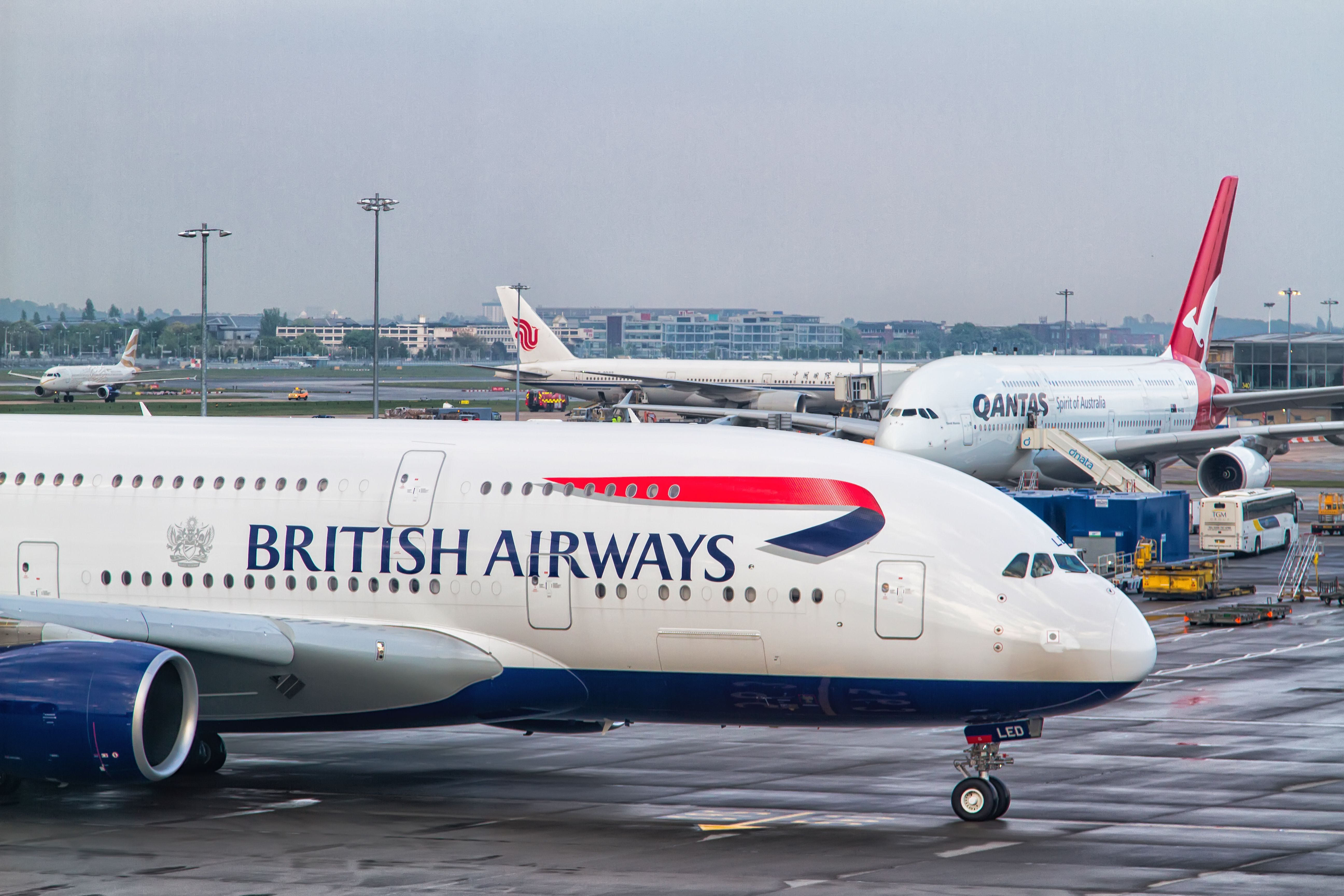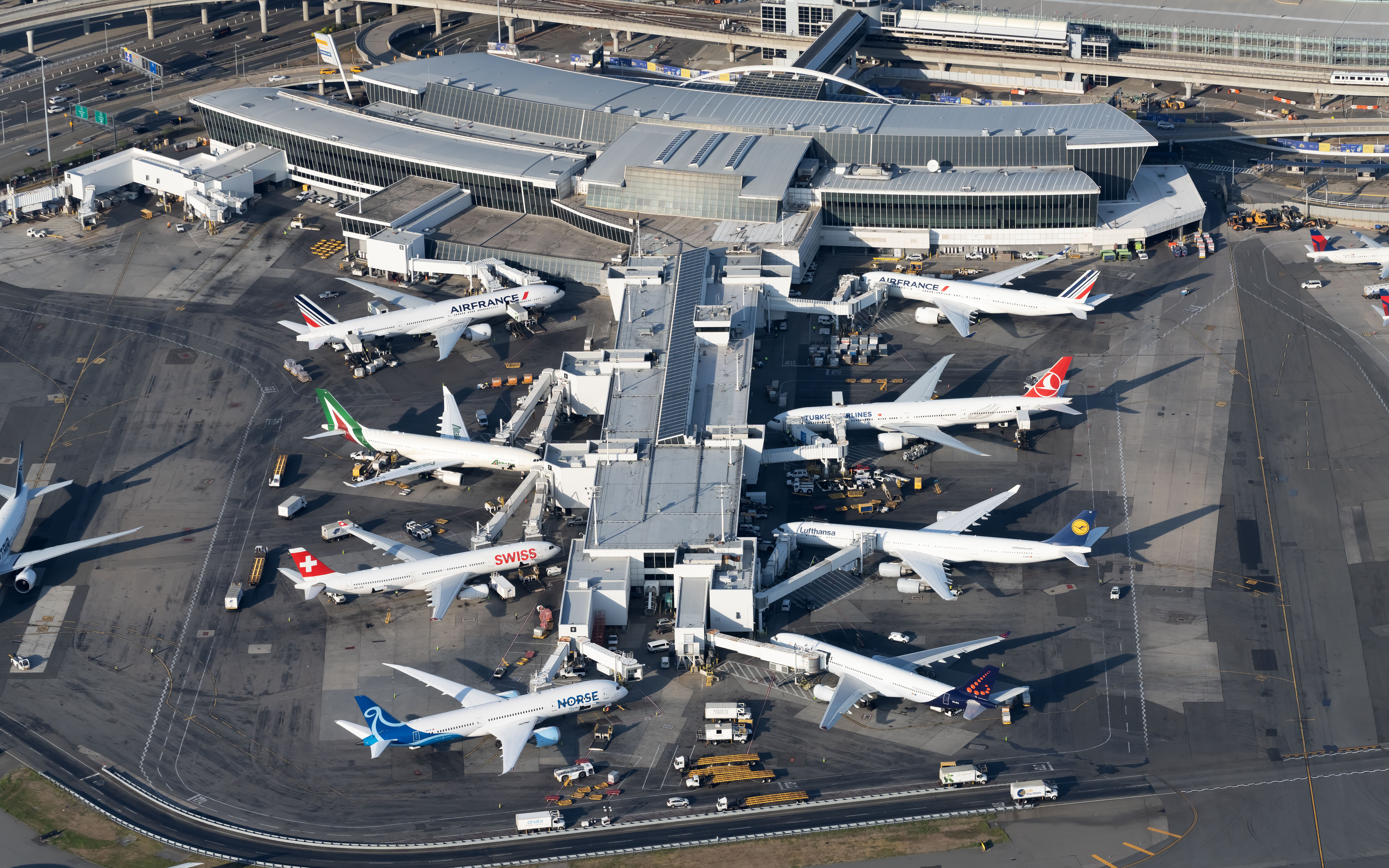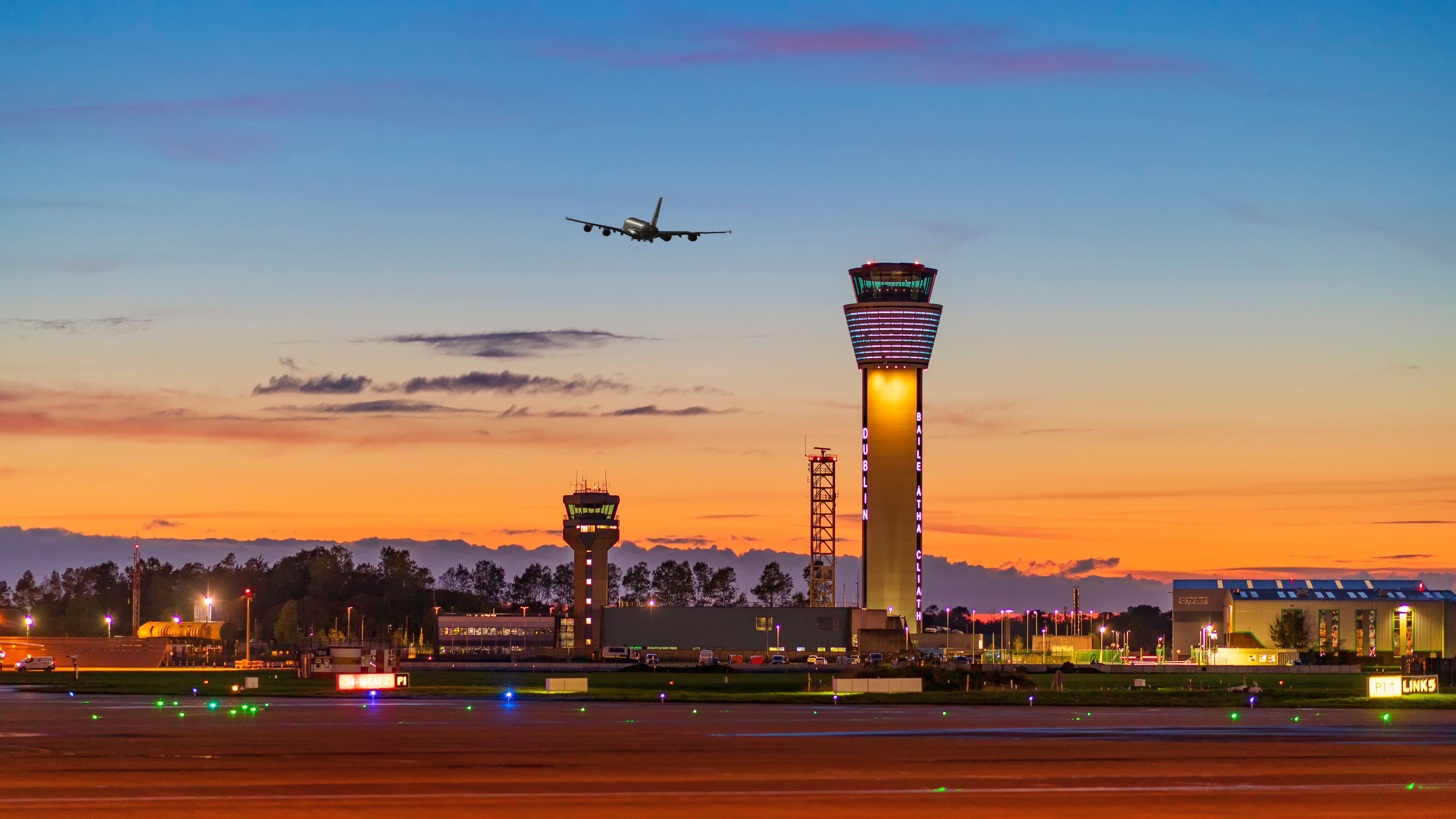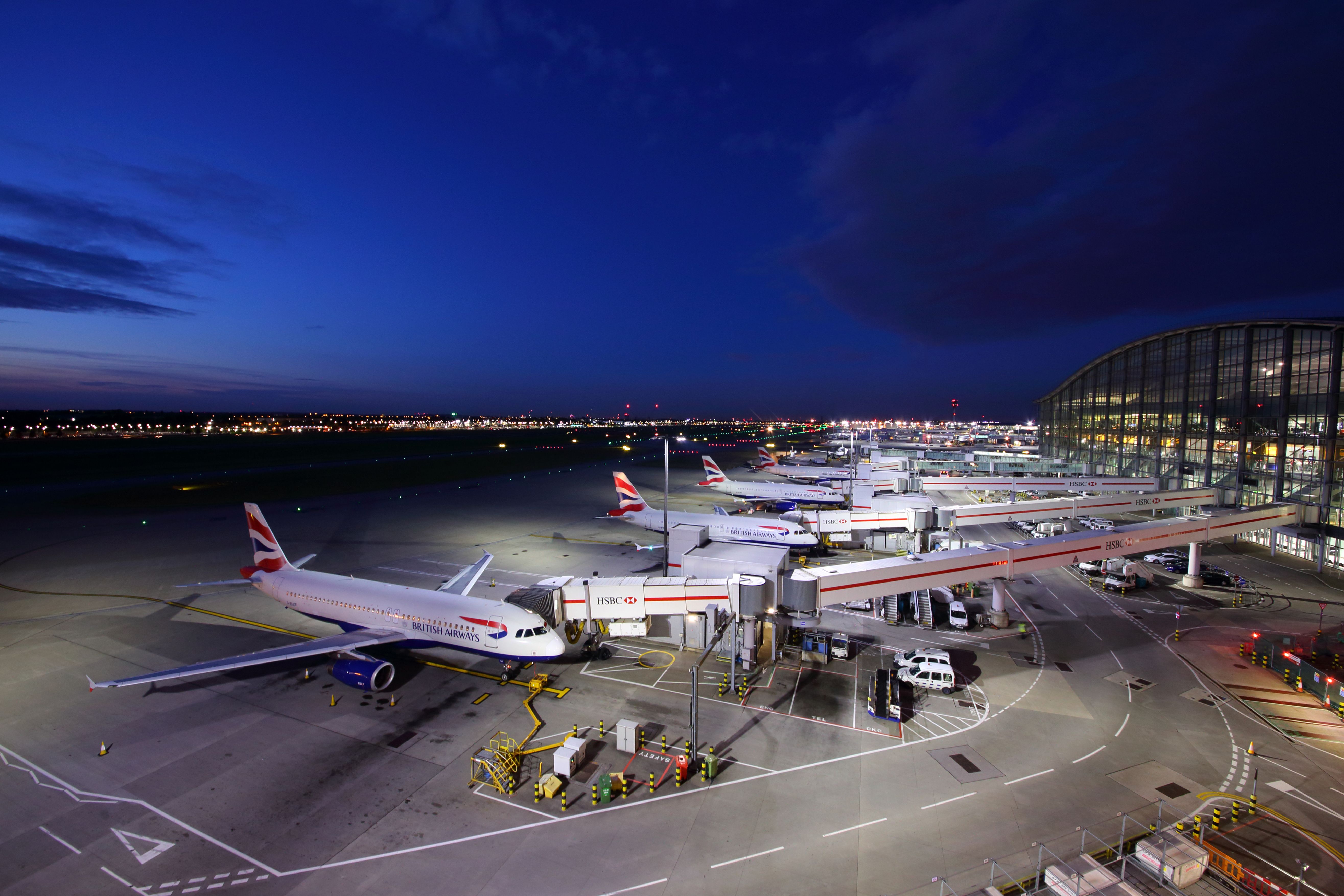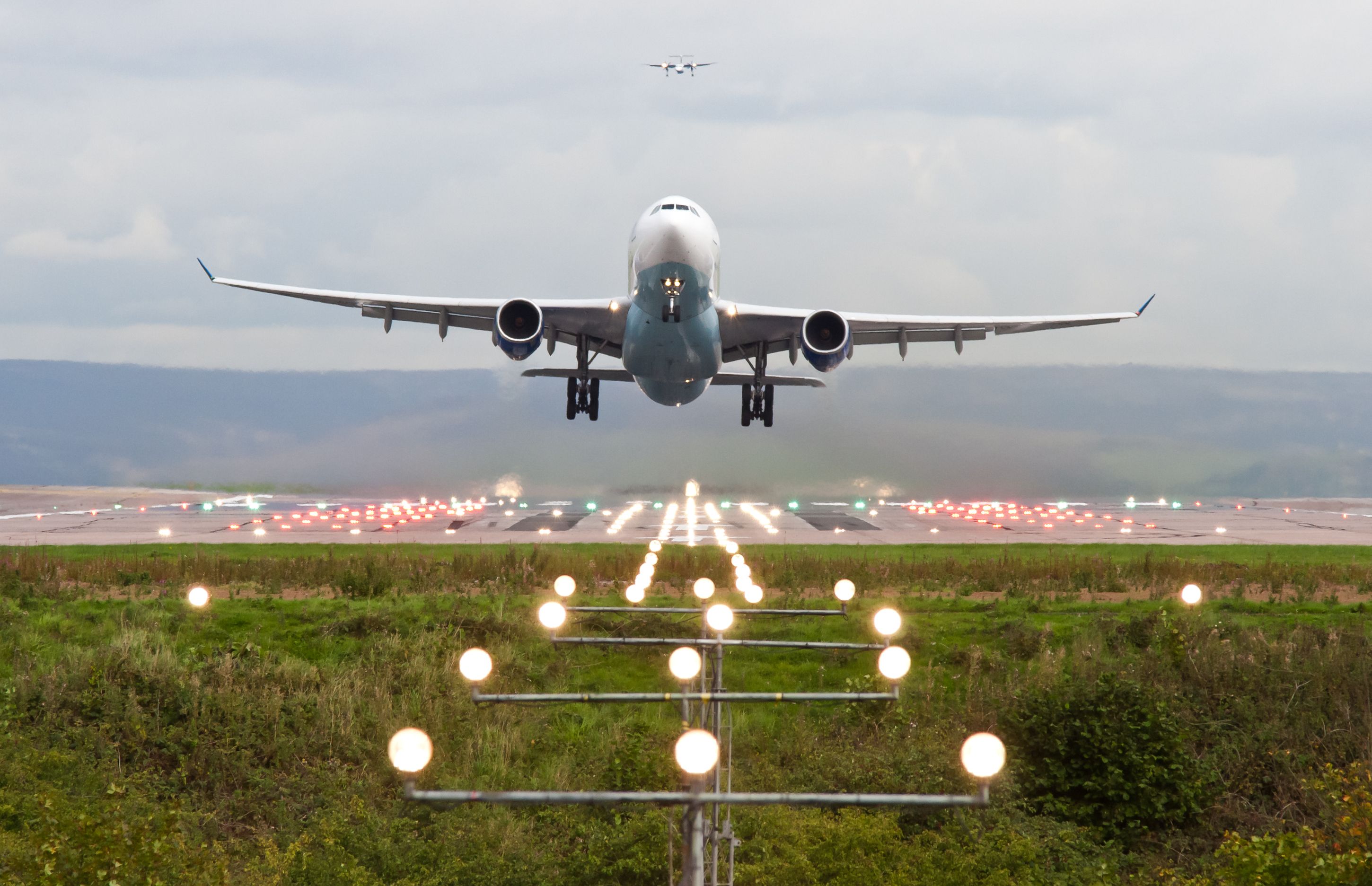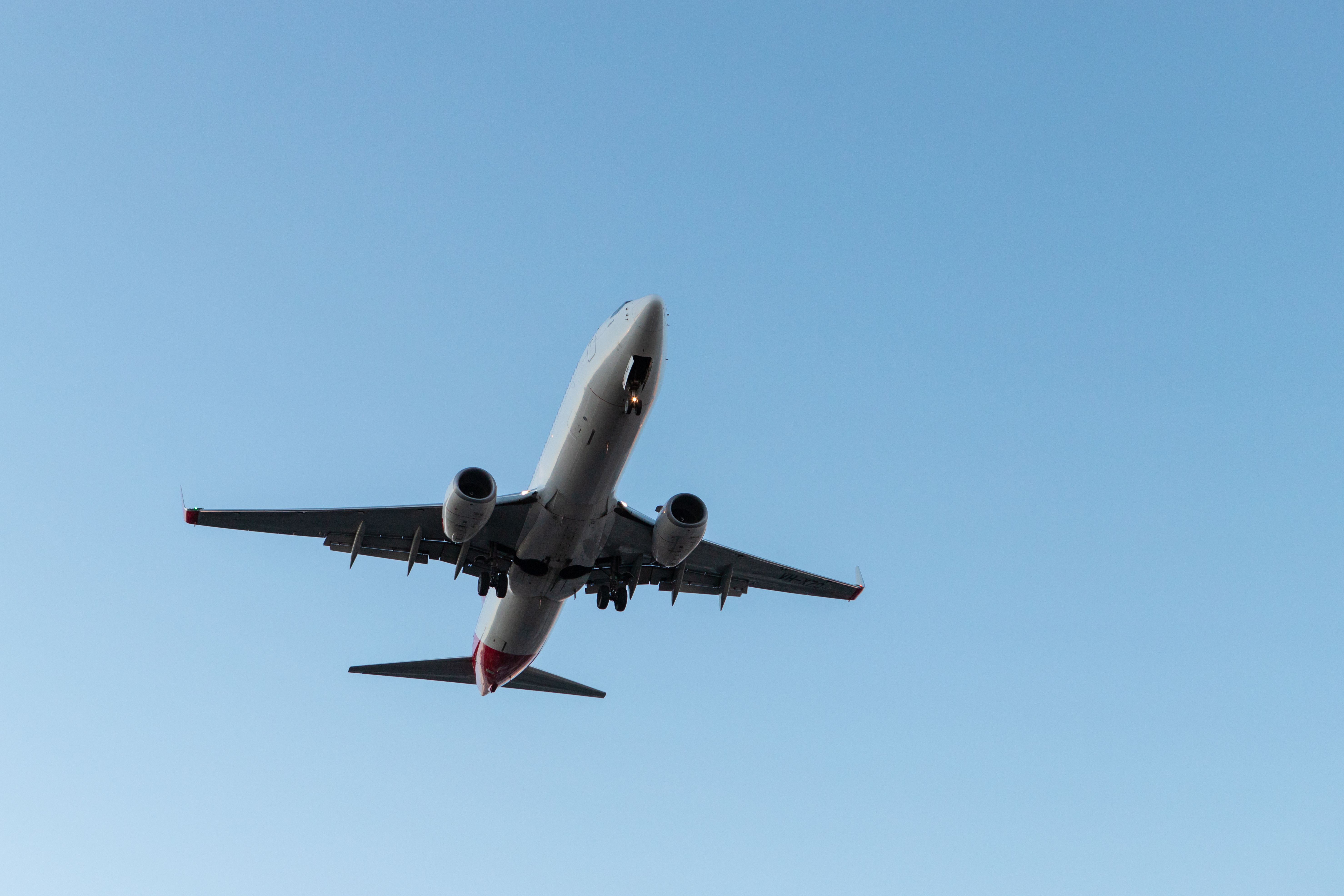Summary
- Airport slots are permissions granted by the airport operator for an airline to land or take off at a specific time, ensuring efficient operations.
- Not all airports require slots, with only level 3 airports needing stricter management due to higher flight volumes and infrastructure needs.
- The scarcity of slots and regulations surrounding their allocation make it difficult for airlines to obtain desired slots, leading to high-value transactions and leasing opportunities.
Airport slots regularly appear in aviation news, especially regarding busy airports, but what are they, how do they work, and why are they often expensive?
What is an airport slot?
Regarding airport coordination, a slot is simply permission granted by the airport operator for an airline to land or take off on a particular day and within a specific time frame. In addition to take-offs and landings, this authorizes airlines to use all necessary airport services and infrastructure.
Each slot is fixed for a particular time of day, which is crucial for airlines to manage their schedules. There is some flexibility for delays (as anyone who has 'missed their slot' on a delayed departure will know!). Slots should help ensure the efficient and safe running of the airport, not force airline punctuality.
Want answers to more key questions in aviation? Check out the rest of our guides here.
Which airports use slots?
Not all airports use slots. There is simply no need when the airport is well below capacity. All airports are categorized by the International Air Transport Association (IATA) as Level 1 (non-coordinated airport), Level 2 (slot-facilitated airport), or Level 3 (coordinated airport).
At level 1 and 2 airports, formal 'slots' are not required, and arrivals and departures are managed by the airport and through airline cooperation. At a level 3 airport, the number of flights and available airport infrastructure mean closer management is needed, so slots are used.
According to IATA, as of the 2023 Northern Summer season, there are 205 level three airports worldwide, with 107 in Europe, 46 in Asia-Pacific, 25 in North Asia, 14 in the Middle East and Africa, and 13 in the Americas. This includes airports like London Heathrow (LHR), Sydney Kingsford Smith (SYD), Dubai International (DXB), Johannesburg OR Tambo (JNB), and New York JFK.
Slot allocation
Slots are allocated to airlines globally following IATA's Worldwide Airport Slot Guidelines (WASG). The regulatory body has been managing slot allocation since 1970. Any available slots are allocated through the WASG, which aim to balance airport access opportunities for new and existing carriers.
Flight schedules generally follow IATA's two seasons, namely summer and winter. The slot allocation process relies heavily on historical slots, but operators can have different allocations for each season. Airlines and airports are required to submit their requests well in advance, with a slot conference being held before the start of each season.
IATA holds the slot conference twice yearly, attracting over 400 slot-coordinated airports and scheduled carriers. It is an opportunity for operators to obtain slots that will give them the best schedules in line with their individual route and network enhancement strategies. The last slot conference, the 152nd edition of the gathering, was held in Dublin, Ireland. It saw several airline associations uniting to promote the wider implementation of worldwide slot guidelines.
There are strict rules carriers must follow to keep their slots. An airline holding a slot can keep it as long as it sufficiently uses it. Under normal operating conditions, if an airline does not use at least 80% of its slots in a season, they can be returned and given to other operators.
The market for slots
The scarcity of slots and regulations surrounding their allocation makes it difficult for airlines to obtain their desired slots. As such, one of the most reasonable options to acquire slots is to get them from another airline through secondary trading. The rules for this vary between countries. IATA does not sell or promote slot bidding but allows trading.
At some of the busiest airports like London Heathrow, the number of new slots available is very limited. With slot demand here vastly exceeding supply, the market has become furious. One of the most expensive deals to make media attention was the purchase in 2016 of a pair of slots by Oman Air from Air France-KLM for US$75 million. Similarly, top prices were paid in 2015 by American Airlines, $60 million for a pair of slots from SAS.
With such high sale prices, slots often become a significant part of an airline's balance sheet. However, some airlines have been able to get a great deal on take-off and landing slots. Last year, following Russia's invasion of Ukraine, Aeroflot was forced to exit from Heathrow, leaving several unclaimed slots. Six airlines received about 1,344 slots previously operated by the Russian carrier without having to pay millions.
Airlines can also lease their slots to other operators when they are not using them. For example, Pakistan International Airlines is leasing out its LHR slots to Vietnam Airlines and Kuwait Airways after it was banned from flying to the UK.
Ghost flights
Since the start of the pandemic, the issue of ghost flights has been brought up in many reports, and with aviation's environmental impact under scrutiny, the issue has been condemned by many. A ghost flight is typically a flight that operates on less than 10% passenger capacity.
One of the crucial parts of the IATA slot rules is the 'use it or lose it' system, which, as previously explained, warrants the reallocation of slots if they are not utilized by at least 80%. With the high value of slots, airlines would not want to lose them unnecessarily. Obviously, this was not designed to work during extremely low passenger demand, like the COVID-19 pandemic.
During this period, airlines operated several ghost flights in the UK to prevent the loss of their slot allocations. This was bad for the environment and resulted in significant airline losses. IATA argues this was not the case in the UK, where slot rules were suspended. It added that slot regulations were adjusted and were flexible enough to prevent ghost flights.
Check out all the latest European aviation news here
Conclusion
Airport slots are a solution to a lack of airport capacity and are essential for preventing chaos at hubs where demand outweighs available infrastructure. Additionally, airport slot coordination ensures that airline schedules can be planned in line with an airport's capacity, preventing delays and ensuring smooth traffic flow.
However, the current system is not without its faults and criticisms. It can create situations where airlines are forced to operate 'empty flights' and can severely restrict flexibility and schedule changes by airlines. Many also feel the system is highly biased toward existing and legacy carriers, as it is difficult for new entrants to obtain slots via primary allocation.
One proposed solution is to use an auction-based system, in which airlines could bid for slots every few years rather than continue to hold the rights to them. Another option is congestion-based pricing, where airlines would pay more to operate flights at peak hours. These options have their problems too, so for the near future, the current system seems set to stay.
How important do you think airport slots are to commercial aviation? Please share your thoughts in the comments!
Source: IATA

